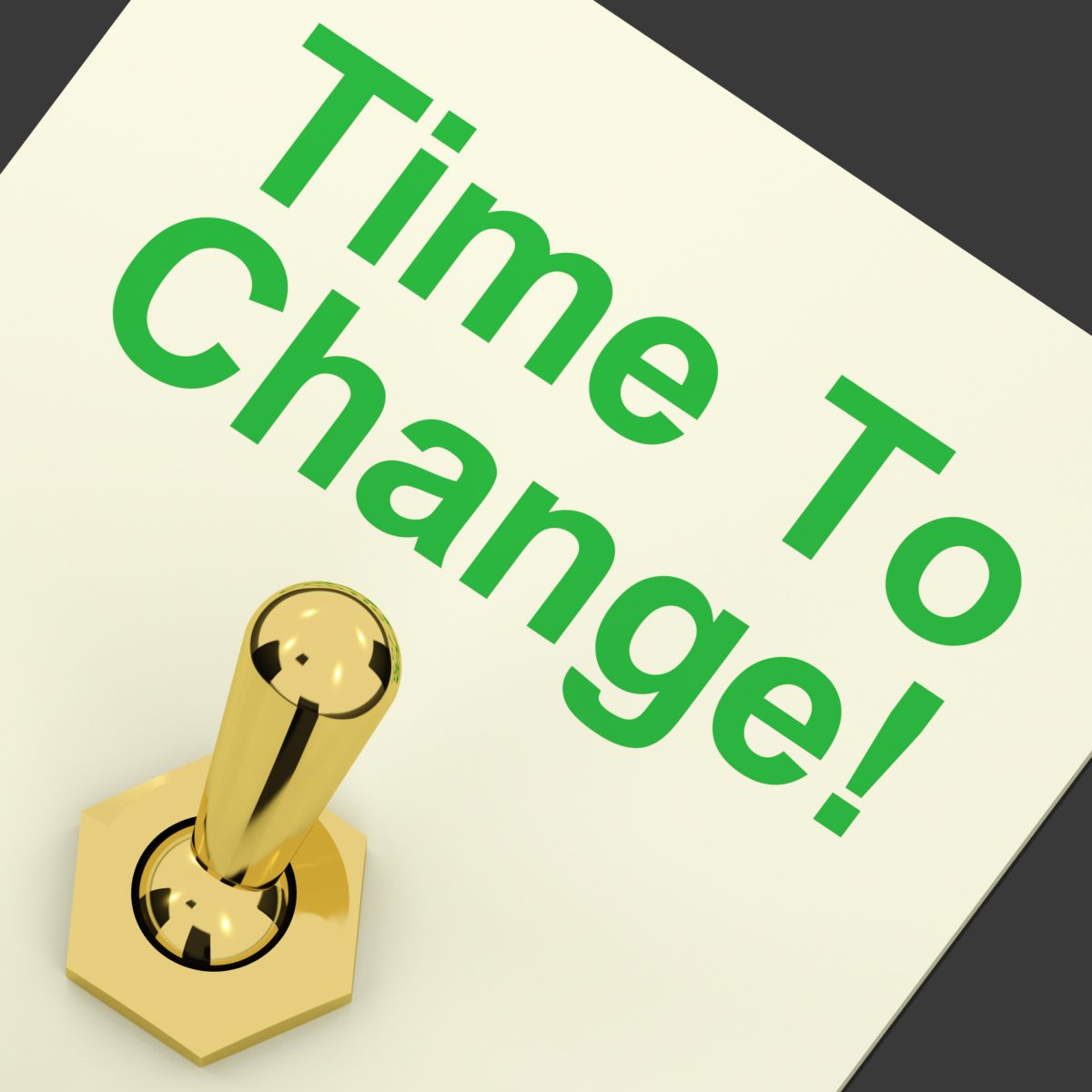Bookkeeping might not be your favourite job – but it’s so important to the smooth running of your business.
Here’s my list of the most common mistakes that I see small business owners make time and time again. Forewarned is forearmed so take a look at your current system, and see if you need to make any changes!
Not making a distinction between business and personal items
It’s tempting and very common just to use your personal bank account and credit card for your business transactions. Its may seem less hassle when you start, but it makes your bookkeeping so much harder to keep track of over time.
You need to be able to claim for your business expenses, but not for your personal expenditure. Keep things clean and simple from the start – have a separate bank account that you just use for business income and expenses – and you will avoid muddle and potential trouble with the tax man later on.
Not keeping all your receipts
You will probably keep receipts for large items of expenditure, or for items where you have a supplier invoice, but all those small items often get forgotten. If you need to justify your expenses to HMRC, they will want to see the evidence with the receipt. If you don’t keep the receipt, you’ll probably forget to record sundry items like parking, stationery and stamps, and then you will end up paying the tax man more than you actually need to!
Not having an organised system
Whatever works for you, but not keeping on top of it will mean it becomes a mammoth task to catch up, and you will put it off more and more! A simple system is fine, but you need to keep basic records and file things away sensibly. Cloud systems and receipt scanning Apps save you time and stress, and make it more likely that you record all you receipts when you get them.
Recording Money spent on petrol/car insurance/repairs – and claiming a mileage allowance
It’s a nice try – but you can’t have both. Keep a mileage record of business mileage travelled (excluding regular commuting) and then pay for your petrol personally – or record the total running costs of your car in the year, and allocate a percentage to the business based on business usage. I have had clients who pay their car insurance and repairs from the business – and then want to claim the mileage allowance of 45p per mile.
Not Leaving Money in the Business for tax
Hopefully you have made a profit – and that may well mean you owe the tax man. Not taking into this account, and spending all your hard earned cash will lead to tears later down the line when you have to pay the tax bill in January. Again cloud accounting systems will estimate for you what your tax bill might be – which at least flags up to you the fact that there will be tax to pay. Saving the money to pay it though is still down to you!
For more information or help with your accounts please contact Rosie Forsyth



